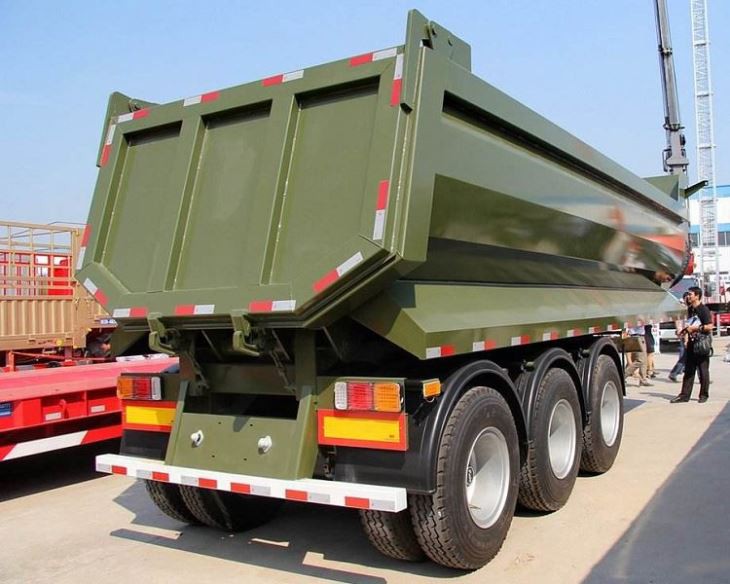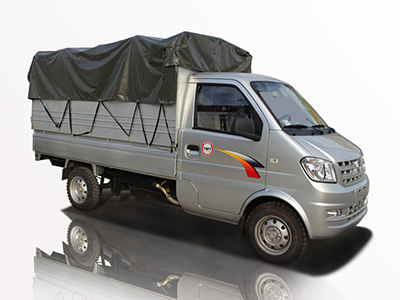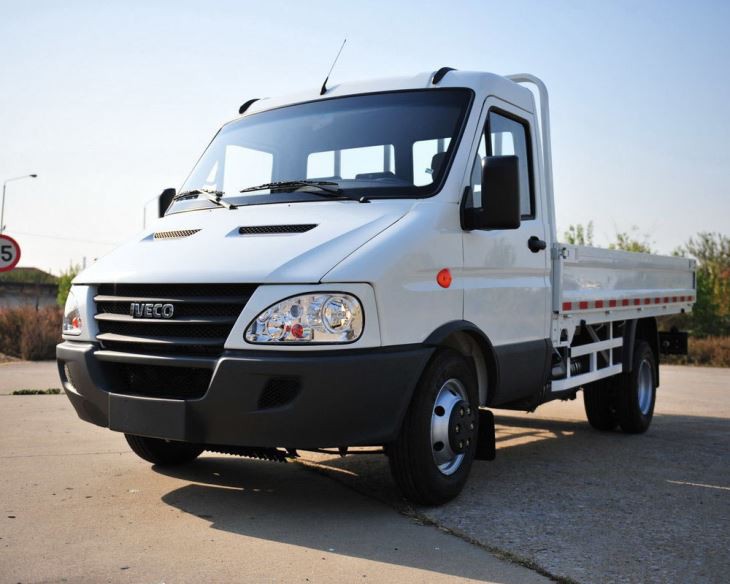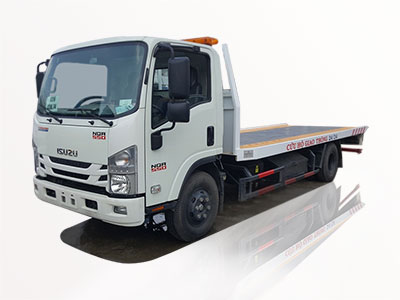Introduction
Big truck equipment sales are a vital component of the transportation and logistics industry, providing businesses with the vehicles and equipment necessary to run their operations efficiently. Whether you’re a small business owner looking to expand your fleet or an individual interested in purchasing a big truck for personal use, understanding the landscape of big truck equipment sales is essential. This article will explore everything you need to know about big truck sales—including types of trucks available, financing options, maintenance tips, and market trends—to help you make informed decisions.
Types of Big Trucks Available in the Market
1. Dump Trucks
Dump trucks are essential for transporting loose materials like sand, gravel, and demolition waste. Their design allows for easy unloading, making them widely used in construction and mining industries.
2. Semi-Trucks
Semi-trucks, also known as tractor-trailers, are ideal for long-haul transportation. They consist of a tractor unit and one or more trailers, allowing for the transport of large cargo over long distances.
3. Flatbed Trucks
Flatbed trucks have a flat, open bed that makes loading and unloading easier. They are ideal for hauling oversized goods like building materials, machinery, and heavy equipment.
4. Box Trucks
Box trucks have an enclosed cargo space, making them perfect for transporting goods that require protection from the elements. They are commonly used by moving companies and delivery services.
5. Tanker Trucks
Tanker trucks are designed for transporting liquids, such as fuel, chemicals, and food products. They have specialized tanks that ensure safe and efficient transportation.
6. Tow Trucks
Tow trucks are used for transporting vehicles that are disabled or need to be moved for various reasons. They come in different configurations, including flatbed and hook-and-chain systems.
Factors to Consider When Purchasing a Big Truck
1. Purpose and Usage
Consider the primary function of the truck. Will it be used for short hauls, long hauls, or specialized transport? This can drastically influence your choice.
2. New vs. Used
Evaluate whether you want a new model with the latest features or a used truck that may offer better value. Each has its advantages and potential drawbacks.
3. Budget and Financing Options
Set a budget that includes not only the purchase price but also maintenance, insurance, and fuel costs. Explore financing options like loans, leasing, or pay-per-use programs.
4. Specifications and Features
Check for specifications such as engine capacity, fuel efficiency, and safety features. These can impact your operating costs and overall productivity.
Where to Buy Big Trucks
1. Dealerships
Purchasing from a dealership can provide peace of mind thanks to warranties and maintenance services. However, prices may be higher than private sales.
2. Private Sellers
Buying from private sellers can often lead to lower prices. It’s crucial to conduct thorough inspections and history checks before making a purchase.
3. Auctions
Vehicles at auctions can be less expensive, but successful bidding requires knowledge and experience. Auctions can be a great opportunity to acquire used trucks at a bargain.
4. Online Platforms
Websites like TruckPaper, eBay, and Craigslist provide a wide variety of listings. Be cautious and conduct proper research to avoid scams.
Financing Your Big Truck Purchase
1. Loans
Many financial institutions offer loans specifically for commercial vehicles. Compare interest rates, terms, and requirements to find the best option.
2. Leasing
Leasing can lower upfront costs and allows you to drive newer models. However, consider the total costs and mileage limits associated with leases.
3. Equipment Financing
Specialized equipment financing can help you borrow against the value of the truck itself, often with lower interest rates.
4. Business Credit Cards
Using a business credit card for smaller purchases related to the truck can help build credit but is not advisable for large purchases.
Maintenance and Care for Big Trucks
1. Regular Inspections
Conduct routine inspections for engine performance, braking systems, tire health, and fluid levels. Early detection of issues can prevent costly repairs.
2. Scheduled Maintenance
Adhere to the manufacturer’s recommended maintenance schedule, which typically includes oil changes, filter replacements, and brake inspections.
3. Cleanliness
Keeps your truck clean to prevent rust and damage. Regular exterior washes and interior cleanings help maintain resale value.
4. Use Quality Parts
Always replace parts with high-quality, OEM components whenever possible, as they assure compatibility and durability.
Trends in the Big Truck Equipment Market
1. Electric Trucks
With growing environmental concerns, electric and hybrid big trucks are gaining attention. Manufacturers are investing in technology to improve efficiency and reduce emissions.
2. Telematics Technology
Telematics systems allow real-time monitoring of vehicle performance and driver behavior. This technology aids in optimizing routes and improving fuel efficiency.
3. Safety Features
Modern trucks are increasingly equipped with advanced safety features such as lane departure warnings, collision avoidance systems, and automatic braking.
4. Increased Market Competition
More companies are entering the big truck equipment market, leading to a wider selection of trucks and more competitive pricing.
Practical Tips for Big Truck Buyers
1. Research Before Buying
Spend time researching different models, prices, and reviews. Understanding market prices can help in negotiations.
2. Test Drive Multiple Options
Schedule test drives to assess comfort, visibility, and handling. A truck’s performance can significantly differ between models.
3. Understand Your Insurance Options
Explore different insurance plans tailored for commercial vehicles. Choose coverage that protects your investment without breaking the bank.
4. Plan for Resale Value
Consider the re-sale value of the truck. Certain brands and models hold their value better than others, so it’s wise to invest in popular, reliable options.
Frequently Asked Questions (FAQ)
1. What are the best brands for big trucks?
Some of the most popular brands include Freightliner, Peterbilt, Kenworth, Volvo, and International. Each brand has unique strengths and specialties.
2. How do I know if I am getting a good deal on a used truck?
Research the average market price for the model you’re interested in, inspect the vehicle thoroughly, and consider obtaining a vehicle history report for added assurance.
3. Can financing for big trucks be tailored to my business needs?
Yes, financing options can often be customized based on your business’s unique financial situation, usage plans, and ownership preferences.
4. What are the common maintenance costs associated with a big truck?
Maintenance costs can vary but typically include regular oil changes, tire replacements, brake inspections, and other routine services which can add up to several thousand dollars annually.
5. Is warranty coverage important for big trucks?
Yes, warranty coverage can provide peace of mind and protect you from unexpected repair costs, especially with high-value equipment like big trucks.
6. How can I improve the fuel efficiency of my big truck?
Fuel efficiency can be improved through regular maintenance, proper tire inflation, route optimization, and investing in fuel-efficient trucks with modern technology.



